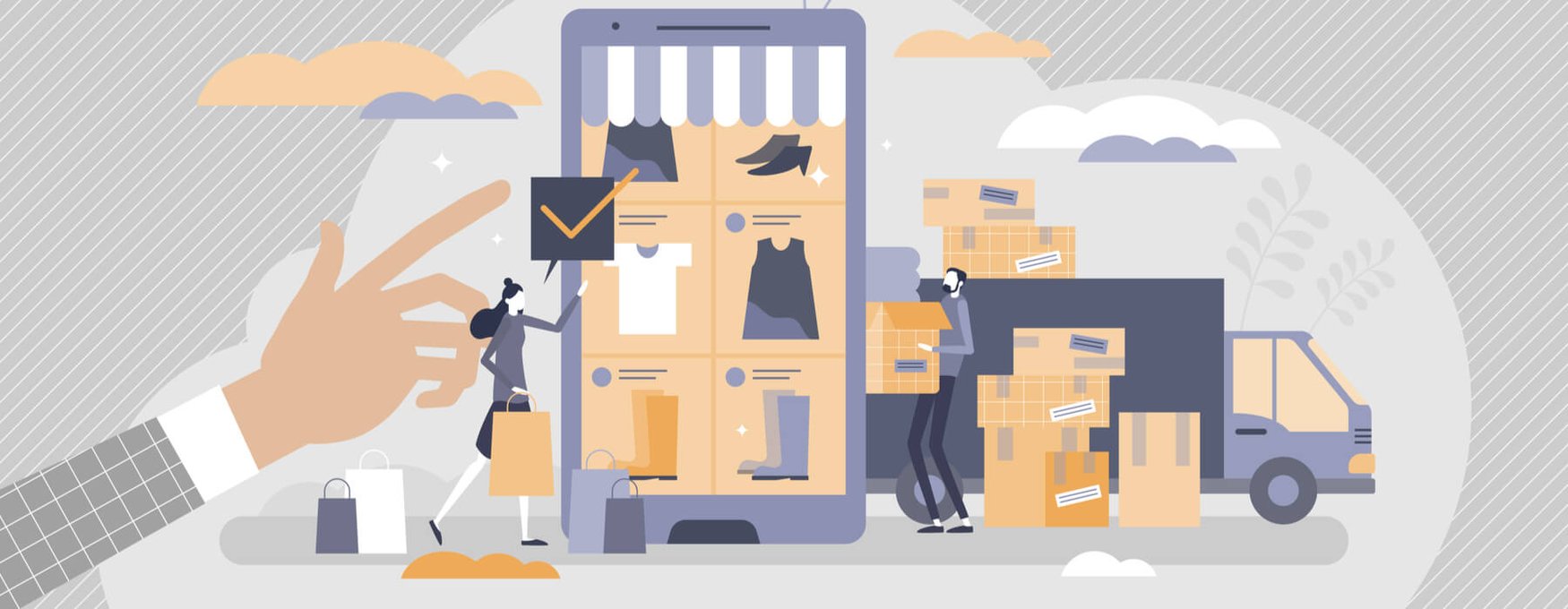5 Companies Leading the Way in Micro-Fulfillment Center Technology

Online sales have been growing fast since 2020, but this also brings new challenges for retailers. While e-commerce can increase total revenue, the order picking and delivery costs can reduce profit margins. According to Berkshire Grey, retailers that rely on manual labor only can lose $7 per order with curbside pickup, and $13 per order with delivery included. However, micro-fulfillment centers can use automation to reduce both fulfillment cost and picking time.
The following are some companies that are emerging as leaders in warehouse automation and micro-fulfillment in the US market.
Are you planning an urban fulfillment center for online sales? Get a professional MEP design.
Walmart
The world’s largest retailer has started deploying micro-fulfillment technology with multiple partners, which include Alert Innovation. According to Progressive Grocer, Walmart announced in January 2021 that it would be installing more than 100 MFCs in the short term. Many of these MFCs will be deployed in existing stores, and others will use new locations that will be dedicated exclusively to e-commerce order fulfillment.
- According to Digital Commerce 360, Walmart’s online sales increased 79% in fiscal year 2020.
- The retail giant invested $10.3 billion in automation and other supply chain improvement in 2020, and they plan to invest $14 billion by the end of 2021.
Ahold Delhaize
Ahold Delhaize created Peapod Digital Labs, an e-commerce commercial engine for the grocery sector. The company is collaborating with The Giant Company to deploy an MFC in Philadelphia, which will deliver 15,000 online orders per week. The project will use the SynQ software from Swisslog, a storage and retrieval system from Autostore, and manual picking technology developed in-house by Peapod Digital Labs.
- 2020 was a very successful year for Ahold Delhaize, with a 67.4% growth in online sales globally, and a remarkable growth of 105.1% in the US market.
- Considering all retail segments, the company’s net sales increased by 14.2% globally in 2020.
Swisslog
Swisslog is a provider of logistics automation solutions for distribution centers and warehouses, and the company has been focused on expanding its US operations. Since September 2020, the company has been working with HEB to deploy MFC technology, which will help the supermarket chain fulfill its online orders more efficiently - this includes curbside pickup and delivery. In addition, their SynQ software is being used by Ahold Delhaize for a micro-fulfillment center in Philadelphia, as mentioned above. Swisslog is also negotiating with 20-30 smaller retailers, according to Progressive Grocer.
At the ProMatDX 2021 supply chain conference, Swisslog gave users the opportunity to pick gifts, and they could see a livestream of the gifts being picked with the company’s micro-fulfillment technology.
- As a provider and integrator of warehouse automation solutions, Swisslog has annual sales of €3.2 billion ($3.89 billion).
- Swisslog has completed more than 2,000 installations globally, and they are the largest Autostore integrator, having installed over 170 of their projects.
The Kroger Company
The Kroger Company has been working on a “macro-fulfillment” strategy: using warehouse automation while keeping the large scale of a traditional distribution center. While typical MFCs normally use a space of less than 10,000 sf, Kroger is planning to deploy automated fulfillment centers of up to 375,000 sf. The first of these customer fulfillment centers started operating in Cincinnati in April 2021, and nine more are planned.
- Kroger has partnered with Ocado, a leading e-grocer from the UK, to learn from their experience with online order fulfillment.
- Kroger saw its online sales increase by 79% in 2020, just like Walmart, and was listed among the Top 10 US E-Commerce Companies in 2021 by eMarketer.
Instacart
Instacart started as an order picking and delivery company in June 2012, and the company is now expanding its services to include micro-fulfillment.
- Demand for grocery delivery services increased in 2020, in great part due to the COVID-19 pandemic, and this has helped Instacart expand its business.
- The company is now valued at $17.7 billion, which represents a 124% increase from $7.9 billion in just a year, and it secured $200 million in its latest funding round.
According to The Financial Times, Instacart is already negotiating with technology providers like Alert Innovation and Fabric, with plans to deploy 50 micro-fulfillment centers throughout the US.

Michael Tobias
Michael Tobias, the Founding Principal of NY Engineers, currently leads a team of 50+ MEP/FP engineers and has led over 1,000 projects in the US
Join 15,000+ Fellow Architects and Contractors
Get expert engineering tips straight to your inbox. Subscribe to the NY Engineers Blog below.



